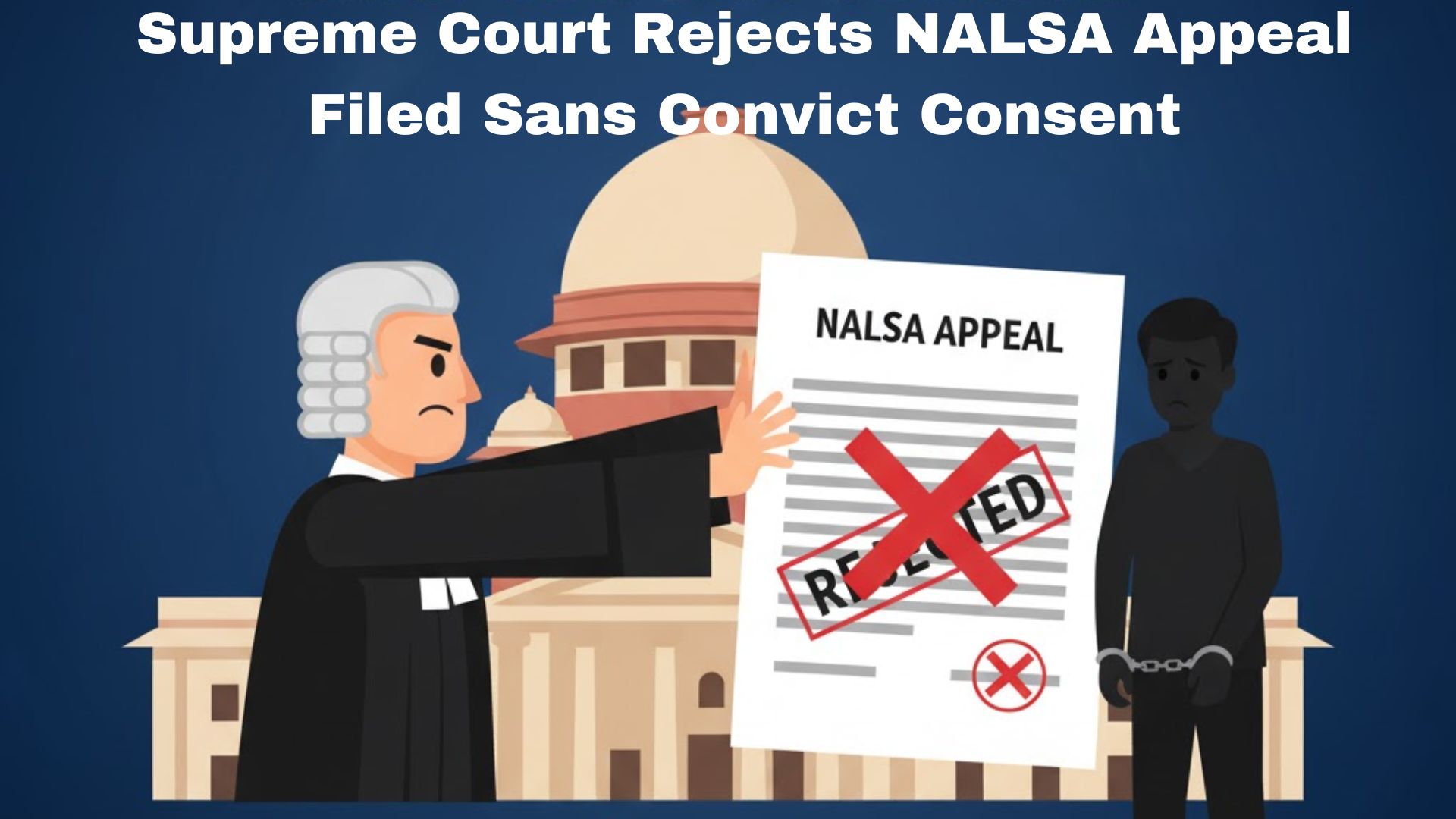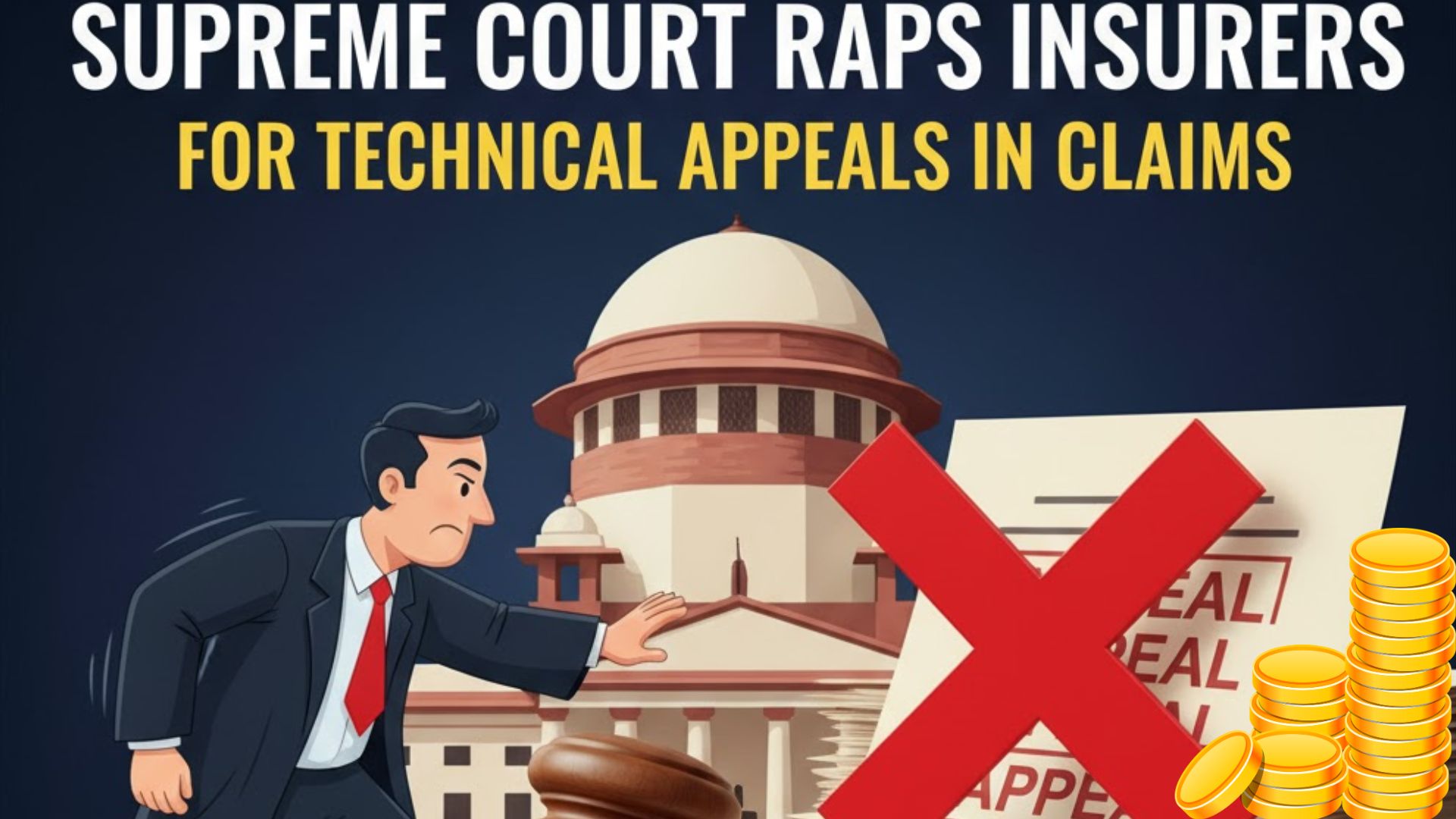J.C. Shah, C.J.@mdashA common question arises in this group of appeals. One Bhagwati Prasad was the owner of an extensive area of land. By
a deed dated January 21, 1941, he granted a lease for agricultural purposes of 316.3 acres of land to Puran Mal Jaipuria, and by another lease
dated April 20, 1942, he granted a lease for agricultural purposes of 326.1 acres of land to M.L. Bagla. For the Fasli years 1356, 1357, 1358
and 1359, the two lessees appointed a common manager for cultivation of the land. The manager maintained a common account of expenditure
and income, kept the profits joint and later divided them between the two lessees according to their respective area. In the proceeding, for
assessment of the income received by the lessees to agricultural income tax, it was claimed by the two lessees that income was their separate
income and was liable to be assessed separately. The income tax officer upheld the plea and separately assessed the tax. The Commissioner of
Agricultural Income Tax disagreed with that view and assessed the income of the two lessees as income of an association of individuals. That order
of the Commissioner was confirmed by the Board of Agricultural Income Tax, U.P. The following question was then referred by the Board to the
High Court :
Whether on the facts and in the circumstances of the case the two owners can be assessed as an ''association of individuals'' on the income of the
entire area under their joint cultivation.
The same was answered by the High Court of Allahabad in the negative. These appeals are preferred by special leave against the judgments
recording the answers.
2. Section 3 of the U.P. Agricultural Income Tax Act, provides for the levy of tax on the agricultural income of the previous year of every person.
By Section 2(11), a ""person"" is defined as meaning an individual or association of individuals owning or holding property for himself or for any
other, or partly for his own benefit and partly for that of another, either as owner, trustee, receiver, manager, administrator or executor or in any
capacity recognised by law, and includes an undivided Hindu Family firm or company but does not include a local authority. In the view of the
Board of Agricultural income tax, because there was common management and common account of the receipts and expenditure, and the net
income was divided, the lands were held by an association of individuals, and the income thereof was liable to be assessed as income of an
association of individuals.
3. The High Court examined the argument in three branches. First. whether there was an association of individuals; secondly, whether the
association of individuals held property, and thirdly whether the land was held in any of the capacities mentioned in the definition of the expression
''person'' in Section 2(11) of the U.P. Agricultural Income Tax Act. The High Court held on the first branch that there was an association of
persons, on the second that there was a holding of land by an association of men, and on the third that the land was not held by the association as
owner, trustee, receiver, manager, administrator or executor, or in any other capacity recognised by law, as partnership, company or local
authority, and on that ground, answered the question in the negative.
4. We may assume in these appeals that because they appointed a common manager for the four years'' assessment in question, and the manager
maintained a common account of income and expenditure and divided the net profits, there was an association of individuals. But the fact that the
two lessees constitute even qua land an association of individuals, does not make them persons holding property jointly. Tax may be levied against
a group of persons u/s 3 of the Act as an association of individuals only if the income accrues to an association of individuals owning or holding
property. It is common ground that the land was not owned by the association of individuals. The Board of Agricultural Income Tax held that an
association of individuals was holding property. The High Court agreeing With the view observed that the association of individuals holding
property, was liable to tax only if it held the lands as an owner, trustee, receiver, manager, administrator or executor or in any other capacity
recognised by law.
5. In reaching the conclusion that the two lessees were holding and as an association of individuals, the High Court observed :
The established facts here are that the two individuals jointly allowed the common manager to cultivate their lands and derive profits from them.
They pooled their lands and got them cultivated as if they belonged to only one of them. The manager made no distinction between one piece of
land and another piece of land; he managed them jointly. Only at the time of distribution of the profits he took into consideration the fact that one
owned 316.3 acres and the other 326.1 acres. By pooling their lands together they eliminated the distinction between one holding 316.3-acres and
the other holding 326.1 acres; each allowed the other to hold the land belonging to him
6. In our view these observations of the High Court are not supported by the findings recorded by the Board of Agricultural Income Tax. The only
facts found by the Board are that the lessees had appointed a common manager, that common accounts were maintained, and that the net profits
after deducting from the receipts expenditure for management of the lands under the two leases were divided. In our view, the conclusion recorded
by the High Court that the lessees as an association of individuals, were holding land, cannot be justified. It is in the circumstances unnecessary to
consider the third question on which the High Court recorded a conclusion against the State viz whether the land must be held in any of the
capacities mentioned in the definition, namely, as owner, trustee, receiver, manager, administrator or executor or any capacity recognised by law.
7. Dr. Singhvi, appearing on behalf of the Commissioner of Agricultural Income Tax, submitted that in any event it was open to the tax authorities
to bring to tax under the Agricultural Income Tax Act, the income in the hands of the manager, because he was holding the property on behalf of
the two persons, but no attempt was made to assess and bring to tax the income in the hands of the manager. The tax officer did not assess the
manager 5 he, assessed the two individual lessees, and the only question was whether the, individual lessees constituted themselves into an
association of individuals, holding property.
8. On the view we have taken, the two lessees cannot be regarded, even granting that they constituted themselves as an association of individuals,
as an association of individuals holding property for the purpose of the definition given in Section 2(11) of the U.P. Agricultural Income Tax. On
that ground, the answer recorded by the High Court must be confirmed though on a different ground.
9. The appeals fail and are dismissed. The Commissioner will pay costs in the first group of appeals. One hearing fee. In the second group of
appeals, there is no appearance for the tax payers. Therefore there will be no order as to costs.

